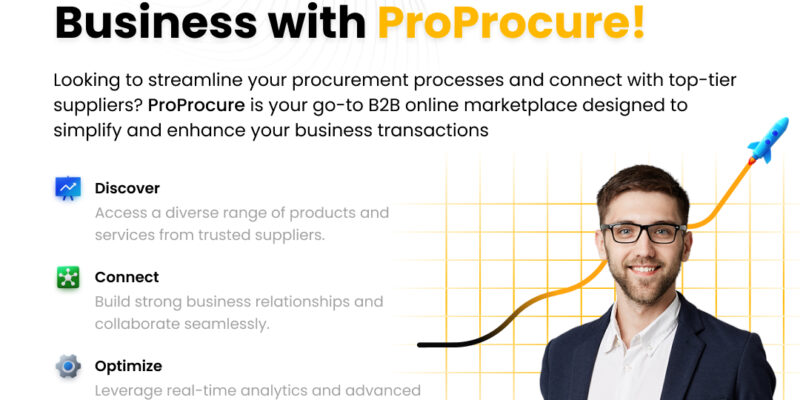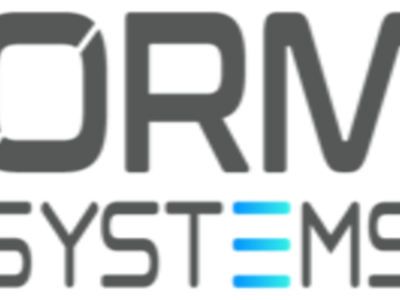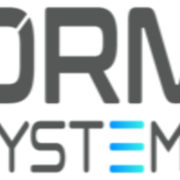
In the competitive landscape of B2B eCommerce, standing out and reaching potential clients is crucial for vendors aiming to grow their businesses. Ad campaigns on B2B eCommerce platforms offer a powerful tool for achieving this goal, enabling vendors to target their audience effectively, enhance brand visibility, and drive sales. This article explores how vendors can strategically leverage ad campaigns on a B2B eCommerce platform to maximize their impact and achieve their business objectives.
- Understanding the B2B eCommerce Advertising Landscape
Before diving into ad campaigns, it’s essential for vendors to grasp the B2B eCommerce advertising landscape. Unlike B2C advertising, B2B advertising focuses on building relationships and addressing the specific needs of businesses rather than individual consumers. B2B eCommerce platforms offer various advertising options, including display ads, sponsored listings, and targeted email campaigns, each with its unique advantages.
Display ads can appear on various sections of the platform, such as homepages or product pages, offering broad visibility. Sponsored listings, on the other hand, boost the ranking of products or services in search results, increasing their chances of being noticed by potential buyers. Targeted email campaigns allow vendors to reach specific segments of the platform’s user base with tailored messages.
- Defining Clear Advertising Objectives
Successful ad campaigns begin with clear objectives. Vendors should define what they want to achieve through their advertising efforts. Common goals include increasing brand awareness, generating leads, driving traffic to product pages, or boosting sales for specific products. By setting clear objectives, vendors can tailor their ad campaigns to meet these goals effectively.
For instance, if the objective is to generate leads, the ad campaign could focus on offering valuable resources such as whitepapers or case studies in exchange for contact information. If the goal is to drive traffic to product pages, the campaign might highlight special offers or product features to attract potential buyers.
- Identifying and Targeting the Right Audience
Targeting the right audience is crucial for the success of any ad campaign. B2B eCommerce platforms provide various tools for audience segmentation, allowing vendors to reach specific industries, company sizes, or geographic regions. Vendors should leverage these tools to ensure their ads reach decision-makers and influencers who are most likely to be interested in their products or services.
For example, a vendor specializing in enterprise software might target ads to companies within the technology sector with more than 500 employees. Conversely, a vendor offering specialized equipment for small businesses could focus on smaller companies within specific geographic regions. By tailoring the audience, vendors can increase the relevance and effectiveness of their ad campaigns.
- Crafting Compelling Ad Content
The content of an ad plays a significant role in capturing the attention of potential clients. Compelling ad content should be clear, concise, and relevant to the target audience. Vendors should focus on highlighting key benefits, unique selling points, and calls to action that resonate with their audience.
In B2B advertising, it’s essential to address pain points and offer solutions that meet the specific needs of businesses. For example, an ad for a supply chain management solution might emphasize improved efficiency and cost savings. Using high-quality visuals and engaging copy can also enhance the ad’s appeal and effectiveness.
- Utilizing Data and Analytics for Optimization
Data and analytics are invaluable tools for optimizing ad campaigns. B2B eCommerce platforms often provide detailed performance metrics, such as click-through rates, conversion rates, and engagement levels. Vendors should regularly review these metrics to assess the effectiveness of their ad campaigns and make data-driven decisions.
By analyzing performance data, vendors can identify which ads are performing well and which need adjustments. For instance, if an ad is generating high traffic but low conversions, it may be necessary to refine the call to action or offer more compelling incentives. Continuous optimization based on data insights helps vendors improve their ad campaigns and achieve better results.
- Leveraging Retargeting Strategies
Retargeting is a powerful strategy for re-engaging potential clients who have previously interacted with the vendor’s brand but did not complete a desired action. The B2B platform often offer retargeting options that allow vendors to display ads to users who have visited their product pages or engaged with their content.
Retargeting ads can remind potential clients of the vendor’s offerings and encourage them to return and complete a purchase or inquiry. For example, if a user viewed a product but did not make a purchase, retargeting ads could offer a special discount or additional information to incentivize the final decision.
- Budgeting and Managing Ad Spend
Effective budgeting and management of ad spend are crucial for maximizing the return on investment (ROI) from ad campaigns. Vendors should allocate their budget based on the expected impact of different ad types and target audiences. B2B eCommerce platforms typically offer flexible budgeting options, allowing vendors to set daily or campaign-specific budgets.
Vendors should monitor their ad spending regularly and adjust their budget based on performance. For example, if certain ads or target segments are delivering exceptional results, it may be worthwhile to allocate additional budget to those areas. Conversely, underperforming ads may require reallocation of funds or discontinuation.
Conclusion
Ad campaigns on B2B eCommerce platforms offer vendors a powerful means of reaching and engaging their target audience. By understanding the advertising landscape, defining clear objectives, targeting the right audience, crafting compelling content, utilizing data for optimization, leveraging retargeting strategies, managing ad spend effectively, and building long-term relationships, vendors can maximize the impact of their ad campaigns and achieve their business goals.
As the B2B eCommerce environment continues to evolve, leveraging ad campaigns strategically will be essential for vendors seeking to enhance their brand visibility, drive sales, and maintain a competitive edge in the market.











